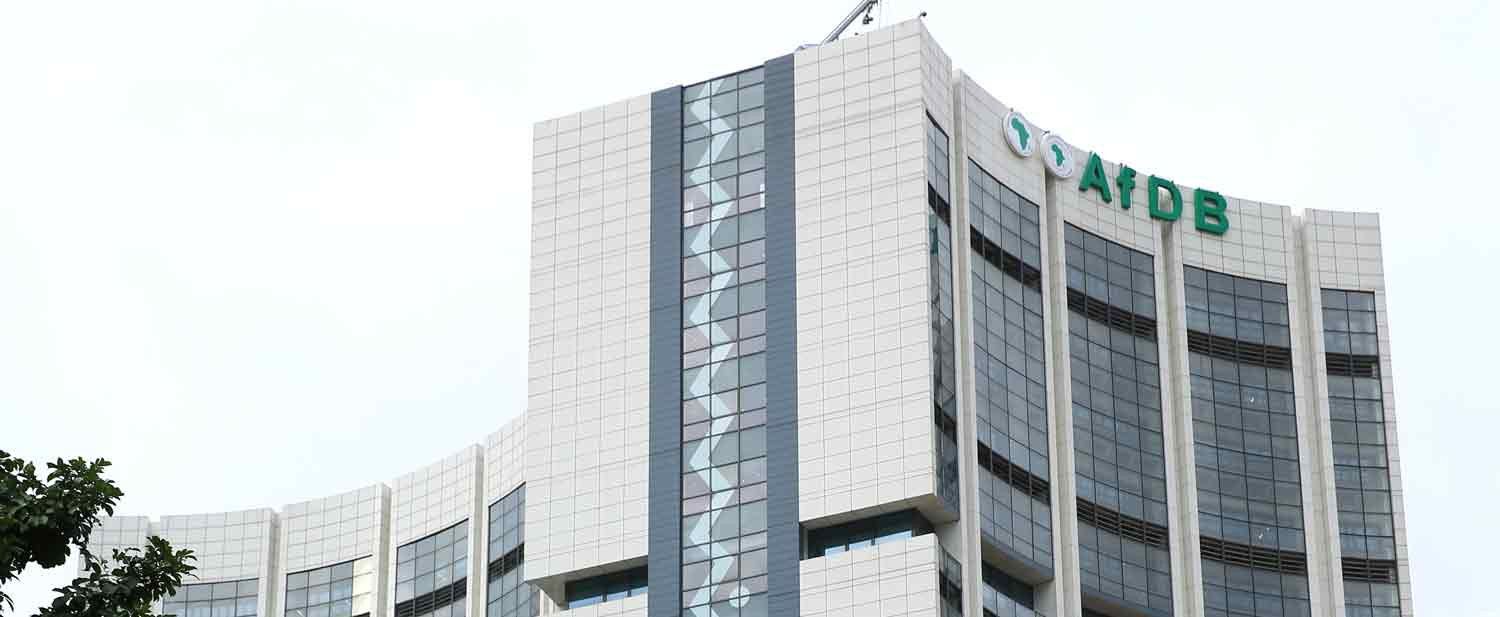
THE African Development Bank (AfDB) is working with the Zimbabwean government to make land bankable, a move that could unlock access to international funding for the country.
Over two decades ago, former president Robert Mugabe, under pressure from war veterans, initiated a chaotic land reform programme, resulting in the expropriation of white-owned farms.
The beneficiaries of this programme were granted 99-year leases, which financial institutions do not accept as collateral.
This development is critical as Zimbabwe’s economy continues to struggle under a massive debt burden exceeding US$21 billion, which severely limits its access to new credit lines and hampers its ability to finance capital expenditure plans.
In an interview with the Zimbabwe Independent, AfDB country manager Moono Mupotola, indicated that significant progress had been made in addressing these challenges.
“The arrears clearance for the country is a work in progress. As you know, there are three tracks — the economic track, governance and the land track,” Mupotola said. “With all these three tracks, we have been meeting at the technical level, to try and push some of the reforms that are part of the process.
“We have made quite some progress in some areas, especially in the land area.”
Mupotola said the AfDB has been engaging in constructive discussions aimed at implementing technical solutions to improve Zimbabwe’s macro-economic environment.
- Renault hands Russian assets to Moscow
- New perspectives: Building capacity of agricultural players in Zim
- News in depth: Mnangagwa’s push for $12 billion mining industry imperils communities
- New perspectives: Building capacity of agricultural players in Zim
Keep Reading
“Our organisation, the Africa Legal Support Facility, is providing support to the government so that we look at the 99-year lease to make it bankable. So far that is on-going work,” she said.
“There is also work concerning macro-economic technical work that needs to be done. As you know our support goes to convening both the government and creditors to sit down and discuss the process to work through the issues that need to be worked out.”
She expressed optimism about the progress made so far, emphasising that both parties were actively working towards restructuring Zimbabwe’s debt.
“We are hoping and very confident that our process will lead to fruition very soon and we will be able now to start discussing how best to look at the debt and the paths that we should look at in terms of restructuring and redefining the debt that Zimbabwe has,” she said.
Recently, the AfDB raised concerns about Zimbabwe’s oversight of the arrears clearance and governance enhancement programme.
The AfDB has provided financial support for the programme by approving a loan of US$3,97 million to the Treasury, of which US$2,13 million (53,74%) has been disbursed to date.
The primary objectives of the project include enhancing capacity for arrears clearance and improving debt management, among other goals.











